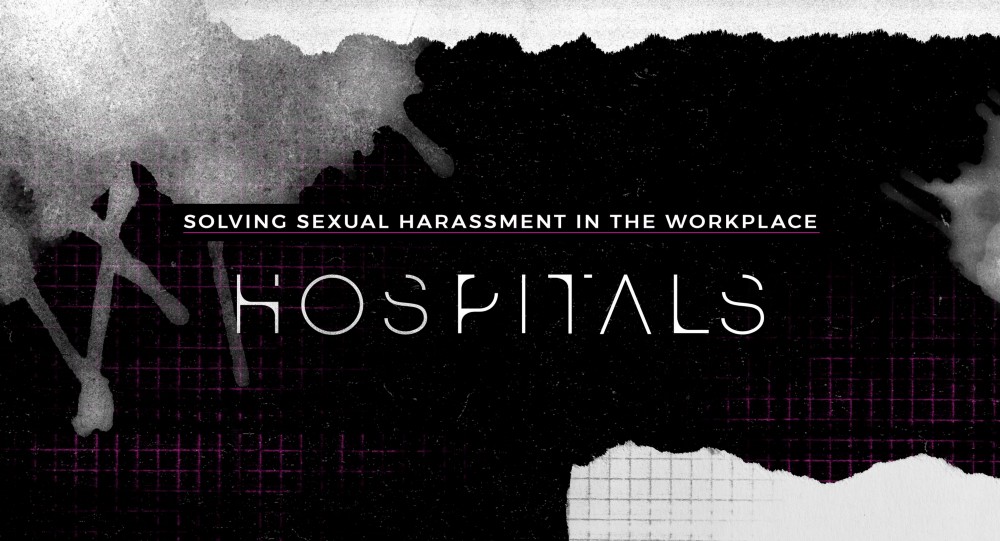About 90 percent of nurses are women. They can be easy targets of sexual harassment at work.
 |
| Jean Ross 23 Dec. 2017 |
One best idea: Sexual harassment takes place everywhere. This is one in a series of posts about how various industries can change to stop sexual harassment. What’s your one best idea? Share it here.
Jean Ross’s one best idea: Organize with a union contract
Ross is a registered nurse and co-president of National Nurses United.
While the public exposure of sexual misconduct has been most pronounced in media, politics and entertainment, what’s less reported is its pervasive occurrence in predominantly female professions, especially those where women have less economic clout and face retaliation if they speak out.
Just ask nurses. About 90 percent of nurses are women. Moreover, many nurses work at odd hours, including nights and weekends, often in understaffed units, in isolation from colleagues who could be witnesses or backups.
To be able to safely advocate for themselves and their patients, and to be able to protest harassment and identify abusers, nurses need a protected and enforceable collective voice on the job.
That comes only through unionization with the legal force of contract law.
There are state and federal laws covering various forms of harassment and workplace safety. But without an enforceable mechanism that protects workers from retaliation for reporting dangerous workplace conditions, as in a union contract, those laws are repeatedly violated.
Nurses can be targeted not just by direct supervisors but also by doctors who are viewed as rainmakers by their hospital employers, who increasingly put their bottom lines ahead of the well-being of nurses and other staff. Management will commonly close ranks with the harasser — not with the target of the abuse.
Nurses who object to sexual misconduct can endure retribution, such as being reassigned to less desirable schedules or to clinical areas in which they have less expertise. Loss of livelihood is a particular threat to nurses who are their families’ sole sources of income.
In union contracts, including many won by National Nurses United, nurses have won the power to report and hold management responsible for a safe workplace environment and to improve staffing to ensure patients have safe care.
For nurses, as for all women, the real potency of #MeToo is directly tied to the collective action for our empowerment. By uniting under that umbrella of workplace democracy, nurses and female workers can build the security, protection and freedom they need and deserve.


